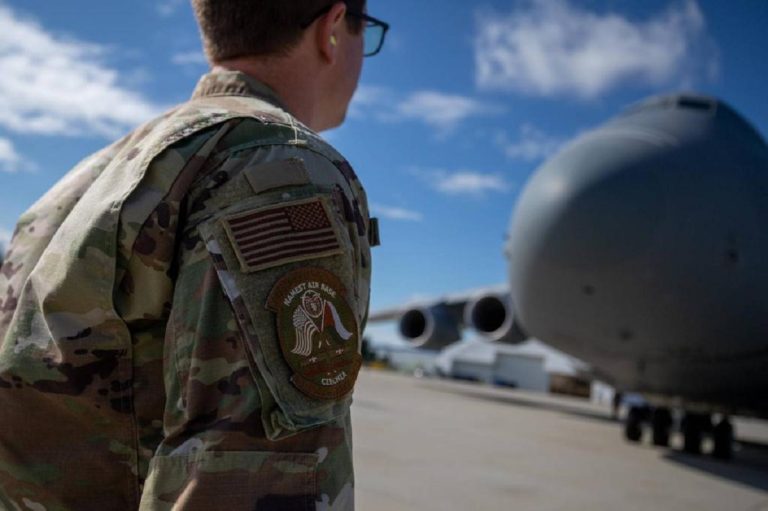Most NATO countries have a defence agreement or equivalent with the US. Credit: Armada CR.
Prague, Aug 16 (CTK) – Czech Prime Minister Petr Fiala (ODS) today signed the Defence Cooperation Agreement (DCA) with the United States, thereby completing its ratification, he announced on Twitter.
Fiala signed the agreement in the presence of Defence Minister Jan Cernochova (ODS).
Czech President Petr Pavel already signed the agreement on 1 August.
The Czech-US defence agreement will come into force 30 days after it is ratified in the United States, the Government Office press department said.
Fiala said the conclusion of the agreement is a key success and the Czech Republic should have concluded it a long time ago.
“[The agreement] deepens our relations with the US and its importance is clearly seen in the fact that the countries joining NATO this year are already negotiating a bilateral agreement with Washington at the same time,” Fiala said in a press release.
According to Cernochova, the agreement will contribute to greater security of the Czech Republic, because transatlantic cooperation through NATO is the basis for the collective defence of European countries, and the US has long been a key ally and partner for the Czech Republic.
The parliamentary approval of the treaty was accompanied by protests from those opposing the presence of US troops on Czech territory. However, both houses of the Czech parliament supported the document with a significant majority of votes.
In the Senate, the upper house, 66 out of the 72 legislators present voted in favour of the treaty, while in the Chamber of Deputies, the lower house, 115 of the 144 MPs present supported the document.
According to Cernochova, the treaty gives the Czech Republic an additional security guarantee and is also valuable in the context of the Russian military aggression against Ukraine. “In this situation, we cannot do without a strong alliance with other democratic countries,” Cernochova stressed during the approval of the treaty in the Chamber of Deputies.
Most NATO countries have a defence agreement or equivalent with the US. Of the eastern members of the Alliance, only the Czech Republic remained without it.
The roughly 40-page document covers many areas related to the hypothetical presence of US troops in the Czech Republic, or cooperation between US and Czech armed forces on Czech territory.
It deals with the legal status of US soldiers, environmental protection, the operation of motor vehicles by US soldiers and their families, and the status of US armed forces contractors. The agreement also provides for the exemption of US soldiers from taxes and customs duties in the Czech Republic. Furthermore, it includes a list of military installations and premises of the Czech army that the US armed forces will be able to use under pre-agreed conditions.
The Chamber of Deputies adopted a resolution alongside the ratification, on the proposal of the opposition ANO party, stating that the conclusion of the agreement means a deepening of practical defence cooperation with the United States and contributes to greater security for the Czech Republic. It also stresses that the agreement does not give the US armed forces the right to build permanent military bases in the Czech Republic or reside permanently in the country without a prior Czech consent. It also does not confer the right to deploy nuclear weapons.
Both government officials and representatives of the ANO movement stressed during the debate in the Chamber of Deputies that the agreement was not about US troops or the construction of US armed forces bases in the Czech Republic. Longer-term presence of the US military in the country would always have to be approved by parliament, they pointed out. After that, the legal status of US troops would be governed by the defence agreement.
The government coalition officials also rejected the comparison of the agreement to the “temporary” stay of Soviet troops in Communist Czechoslovakia after 1968.
Criticism of the agreement came mainly from the opposition far-right Freedom and Direct Democracy (SPD), which claimed the document was an agreement on future US military presence in the Czech Republic. They said that the agreement is unilaterally beneficial to the United States and the Czech Republic is a subordinate party.
hol/dr/rtj







